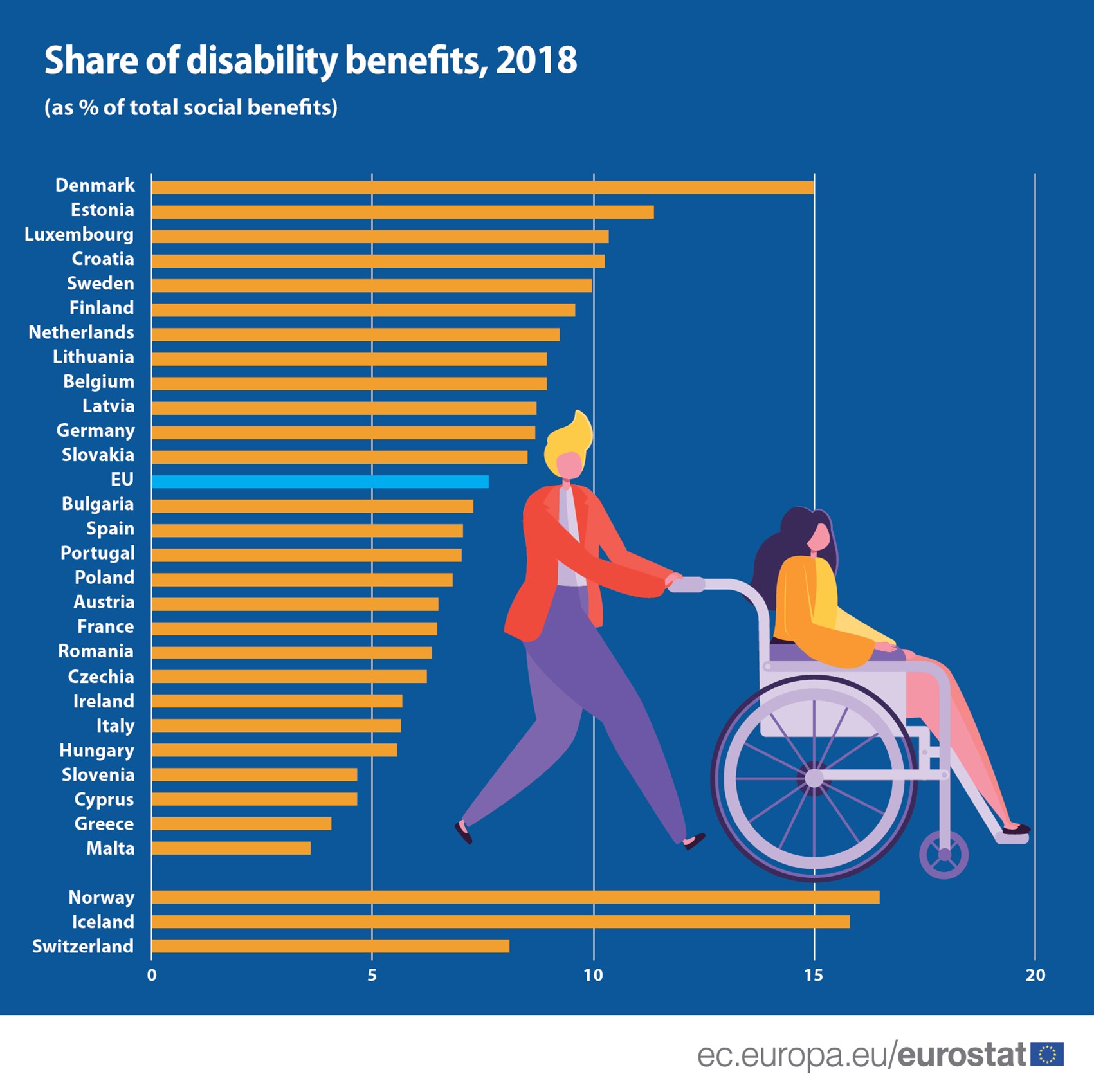
Introduction
Disability benefits play a crucial role in supporting individuals who are unable to work due to physical or mental impairments. In the UK, these benefits provide essential financial assistance that helps to cover living costs, healthcare, and additional support services. Given the ongoing discussions about social welfare and economic policies, understanding the evolution and current state of disability benefits is more relevant than ever.
Current Benefits Overview
In the UK, disability benefits primarily consist of Personal Independence Payment (PIP) and Employment and Support Allowance (ESA). PIP, which replaced Disability Living Allowance (DLA) for adults, is designed to help with the extra costs of living with a long-term health condition or disability. Individuals earn points based on the impact of their condition on daily living and mobility, which then determines the level of financial support they will receive.
ESA, on the other hand, is intended for those who are unable to work due to illness or disability. ESA is assessed based on the individual’s capability to perform work-related activities, with ongoing support provided as the claimant undergoes rehabilitation or recovery. Recent reforms have aimed to streamline the application processes for these benefits and improve access for eligible individuals.
Recent Developments
In July 2023, the UK government announced a series of reforms aimed at enhancing the support provided under the PIP and ESA schemes. These changes include simplifying the assessment process for applicants and extending the eligibility criteria for certain conditions. Furthermore, the reforms highlighted a need for regular reviews of benefits to ensure they align with inflation and the rising cost of living, a concern exacerbated by the ongoing economic challenges faced by many households.
Moreover, advocacy groups have expressed mixed feelings regarding these reforms. While some welcome the potential for increased financial support, others argue that the current system still falls short of adequately meeting the needs of vulnerable populations. Campaigns for further improvements continue as organisations work towards raising awareness of the difficulties faced by those reliant on disability benefits.
Conclusion
The significance of disability benefits in the UK cannot be understated, especially as society continues to adapt to changing circumstances. The recent reforms provide a hopeful outlook for many individuals seeking support, yet significant challenges remain for those navigating the system. As discussions around disability rights and welfare reform progress, it is vital for the government and society to ensure that these benefits truly serve their intended purpose – to provide security and independence for those living with disabilities. Observers forecast that further changes will be imperative to address the evolving needs of the population in the years ahead.
You may also like

Latest Updates on DWP Universal Credit

Understanding South Africa’s Economic Growth and Challenges

Important Updates on DWP State Pension Back Payments
SEARCH
LAST NEWS
- Remembering Wendy Richard: The Promise to Co-Star Natalie Cassidy
- How Did Anglian Water Achieve an ‘Essentials’ Rating for Mental Health Accessibility?
- Shai Hope Leads West Indies in T20 World Cup Clash Against South Africa
- What We Know About Weston McKennie: Future at Juventus and Past at Leeds
- What We Know About the Upcoming Live Nation Antitrust Trial